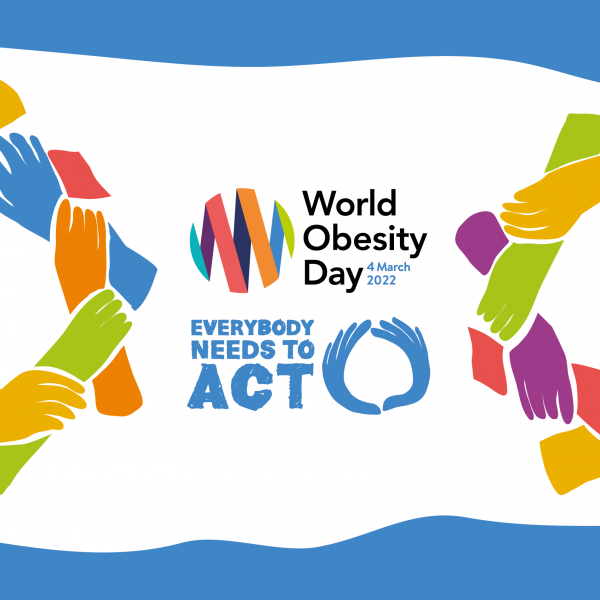Media Release, Food for Health Alliance, 4 March 2024: This World Obesity Day, Food for Health Alliance has singled out government inaction on tackling Australia’s growing obesity crisis, with little progress made since the National Obesity Strategy was launched in 2022.
little progress made since the National Obesity Strategy was launched in 2022.
Executive Manager, Jane Martin says the strategy outlines a clear roadmap, but two years on, Australia is lagging behind the rest of the world in implementing recommended actions to improve diets and prevent obesity.
“All Australians want to enjoy good health, but the food environment that we live in surrounds us with heavily promoted, easily accessible, cheap ultra-processed food.” Ms Martin said.
Nearly two thirds of adults and over a quarter of children in Australia are above a healthy weight. Unhealthy food and drinks make up over a third of Australians’ daily energy intake and more than 90% of people do not consume enough vegetables and fruit to maintain good health. These risk factors increase the likelihood of developing serious chronic diseases including type 2 diabetes, heart disease and cancer.
“This is especially concerning when children are aggressively targeted with harmful marketing as they watch TV, go online, use social media or on their school commute. Evidence clearly shows exposure to unhealthy food marketing has a powerful influence on what children eat, want and ask for.”
Currently no regulations exist to protect children from this harmful marketing, Survey datai shows 8 in 10 (81%) adults agree that government needs to prioritise children’s health over the profits of the processed food industry.
“Without coordinated government action it is unlikely that targets set under the Strategy will be met – including reducing childhood obesity by 5% by 2030.”
Food for Health Alliance is urging government to prioritise:
- regulations to protect children from unhealthy food marketing
- introducing a health levy on sugary drink manufacturers to incentivise reformulation; and
- mandating and strengthening the front-of-pack Health Star Rating System.
“Implementing a 20% health levy on sugary drinks would encourage manufacturers to reformulate products with less sugar and see consumers switch to healthier options,” Ms Martin said. “Research shows that low-income earners and high sugary drink consumers are likely to derive the greatest benefits through improved oral health and reduced weight gain. Funds raised through the levy could be invested in health promotion for preventive health initiatives.”
Over 100 countries around the world have now introduced a health levy on sugary drinks, with positive results.
“Improving front of pack food labelling through strengthening and making the Health Star Rating System mandatory is another critical step to improve and support population-wide health,” Ms Martin added.
“The food industry had 10 years to implement the current voluntary scheme, to support consumers with clear, honest labelling, yet we’re going backwards. Only 36% of packaged products on supermarket shelves carry a Health Star Rating, down from 40% in 2019.”
Other evidence-based strategies include mandatory added sugar labelling on the Nutrition Information Panel and ensuring that packaged foods for babies and toddlers are nutritionally sound and marketed responsibly.
A strong, robust economy requires a healthy workforce as well as ensuring that pressure on the health system does not increase. Currently, overweight and obesity costs Australia’s health system an estimated $4.3 billion, making it the most expensive modifiable risk factor ahead of tobacco.
“The growing toll of inaction will continue to rise as rates of obesity increase, putting pressure on our health systems,” Ms Martin said.
“In the same way tobacco reforms have saved lives, we must apply a similar approach towards eradicating Australia’s obesity epidemic by enacting a comprehensive package of laws and regulations to support health.
“This World Obesity Day, the Australian government must not delay. Urgent action is needed to ensure we are setting up the right foundations to ensure a healthy and productive workforce now and into the future.”
Learn about Food for Health Alliance’s advocacy at foodforhealthalliance.org.au/what-we-do.
END




